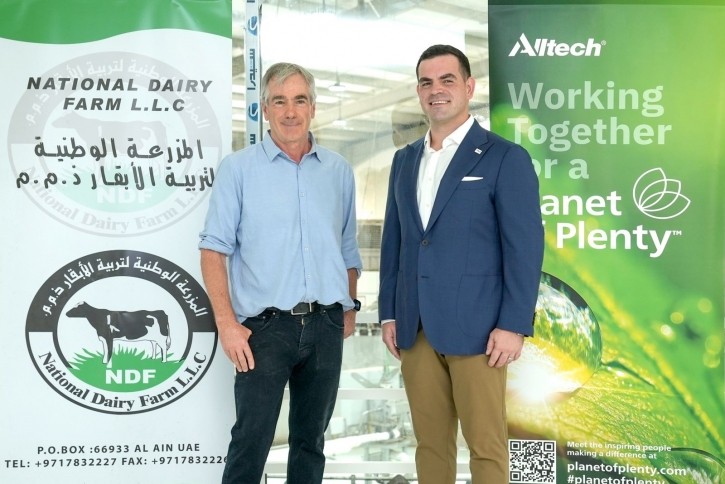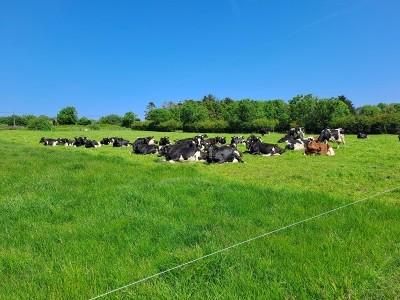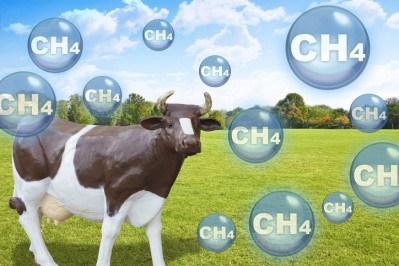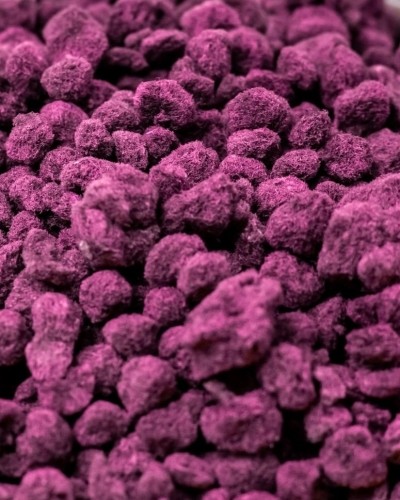Alltech is teaming up with two UAE dairy farms to help them measure and mitigate their carbon footprints

The two dairy players, which are owned by Emirates Food Industries (EFI), are looking to measure and mitigate their carbon footprints. Located in Al Ain, NDF and MDF consist of a total herd of around 5,000 heads of cow producing around 30 million liters of milk per year, supplying some of the largest dairy companies in the region.
Headquartered in Abu Dhabi, EFI was established to support the Abu Dhabi government’s agricultural road map and food security program. As well as the dairy farm business, another key divsion of that organization is National Feed and Flour Production and Marketing (NFFPM), a feed producer and distributor. NFFPM owns and operates two of the UAEs largest fully automated feed plants.
The farms will be able to access a range of carbon footprint benchmarking technologies via Alltech E-CO2, which includes a tool to evaluate the carbon footprint per kg of milk produced or emissions intensity.
Increasing feed efficiency and milk production
The dairies can also leverage nutritional technologies from Alltech that are designed to lower methane emissions and enhance farm profitability by increasing feed efficiency and milk production including essential oil blends that it said are scientifically proven to optimize feed intake and performance, including milk and meat production.
Those blends complement the company’s other products such as Yea-Sacc and Optigen, said Paul McVeigh, regional manager of Alltech Middle East.
“The synergistic use of these solutions leads to improved animal welfare, greater feed efficiency and conversion, enhanced milk and meat production, reproductive success, increased profitability, reduced environmental footprint, and more,” he told this publication.
The partnership with the UAE farms will illustrate what is possible in the Middle East region when companies join forces toward a single goal, said McVeigh. “We are dedicated to supporting them with the best available nutritional technologies to achieve more milk while reducing their environmental footprint.”








